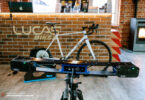Ever stood at a bar willing yourself to pluck up the courage to start a conversation with the beautiful person next to you but not quite actually daring? Maybe you rationalise your timidity, telling yourself that you don’t need a girlfriend or boyfriend anyway, that you’re saving your chat-up lines for the next party, or just that you’ve had a bad day. I mean, are they really that good-looking anyway? There are plenty of superficial (or even imagined) flaws to find – maybe that mole on their cheek is enough to confirm that they’re not worth your time anyway.
We’ve all been there, scrounging for excuses that will soften or completely avoid a bruised ego. In fact, whatever the situation, we are masters at finding excuses. And quite frankly, there’s usually some truth in them, which makes them easier to swallow. They’re legitimate and we can accept them, but above all, the world around us can accept them.
But now ask yourself: do you want a life that is built on excuses?
It’s a similar story on the bike. You’ve got a killer training session on the schedule but your mind is already churning out the reasons not to do it: you aren’t feeling tip-top today, you’ve been working too much, you’re tired, you’ve got laundry. Or maybe your last race didn’t go in your favour and you’re trying to rationalise what went wrong: was it your equipment? Did the chain keep dropping or the shifters just wouldn’t work? Or was it that bout of cramp that got you at the end? We’ve all been there, conjuring up (potentially valid) reasons to explain mishaps to family and friends. And we’ve all succeeded in finding the right excuse.
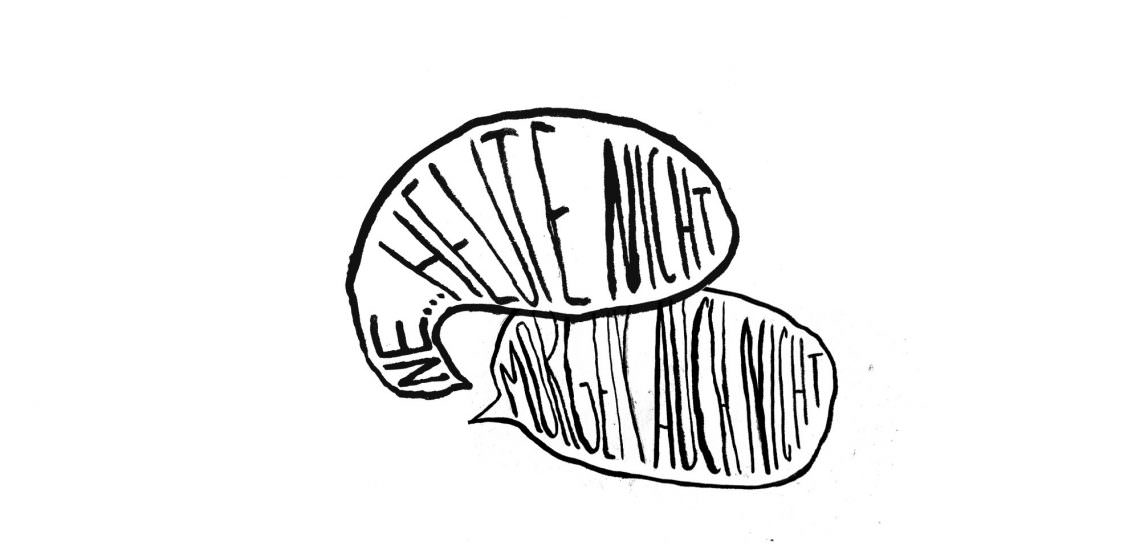
It’s much easier to claim that we were victims of circumstance, rather than accept that we were ill prepared. There’s a book I can recommend that hits the nail on the head when it comes to the extent of our own responsibility for our lives. Despite its misleading name, it’s a book with broad appeal (not just to those pursuing a career in the US military): ‘Extreme Ownership. How US Navy Seals Lead and Win’ by Jocko Willink, Leif Babin.
But back to excuses. The danger of excuse-hunting and excuse-creation is everywhere. In our future, present, and our past. We use excuses to contort our reality into something that’s more palatable, using them as a means to justify our behaviour. How we speak, our words and our phrasing, are used to keep the excuses on our side. Ever wanted to lose weight? You know what we mean. Everything begins with a good intention: ‘I want to lose five kilograms this year.’ So we start eating better and doing more sport. Then we start comparing ourselves to our friends, or to X and Y that you know vaguely by sight. ‘They’re much bigger than me, I can’t be that bad then.’ This vaguely reassuring thought worms its way into your head and effectively sabotages your efforts. But it goes both ways: ‘Everyone else is so much thinner and fitter – I’ll never be like that.’ So you stop. You stash your trainers in the cellar again.
Whichever thought pattern you fall into, it’s the act of comparison that destroys your intentions and shifts your vision away from your goal. Those who are too focused on how others are doing things won’t ever do their own thing to the best of their ability. You’re the reference point. Forget what everyone else is doing, and concentrate on yourself and your goal.
The only one with any responsibility for your life is yourself. No one else can tread that path for you.
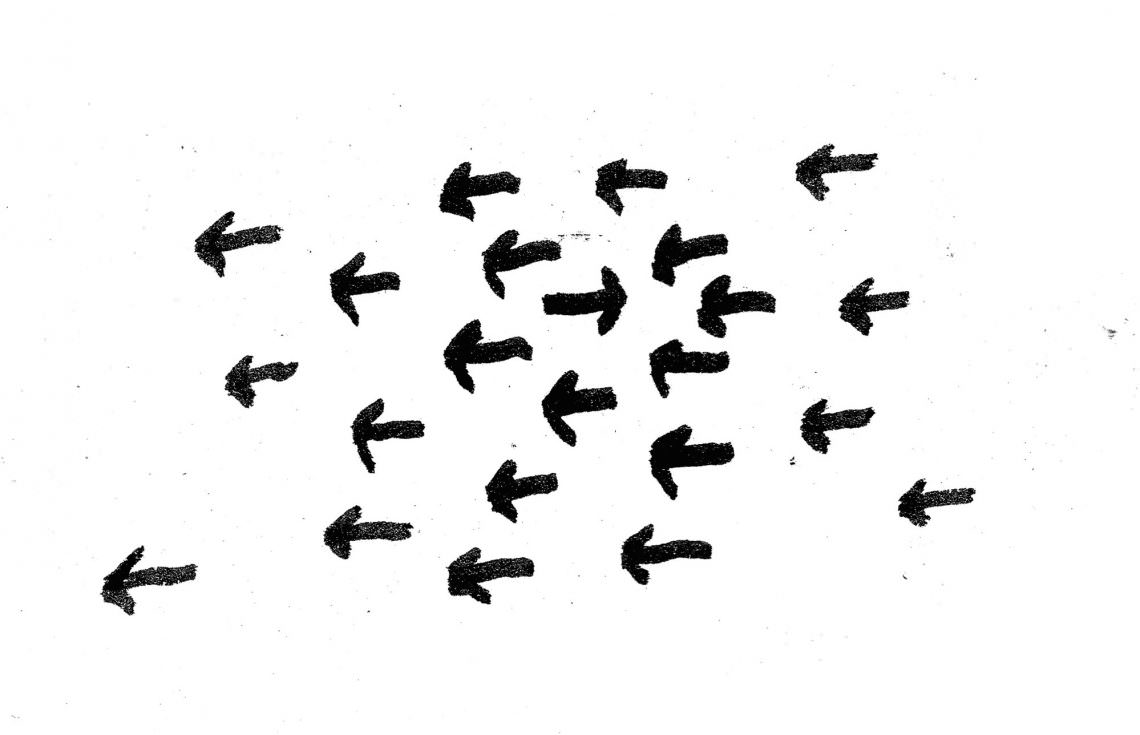
It’s so easy to get wrapped up in things that ultimately won’t lead you to your goal – what other people are up to, your friends’ lives, diets, tuning your bike, and everything in between. Antoine de Saint-Exupéry, author of the ‘The Little Prince’, wrote in ‘Letters to a Hostage’: ‘The traveller who crosses a mountain in the direction of a star runs the risk of forgetting which is his guiding star if he concentrates too exclusively on the climbing problems.’ You could say the same about cycling: we’re all investing more time in our training plans than actually doing the training. Often we’re able to wax lyrical about cycling for so long that we end up running out of time to ride. The more intensively we dive into theories, opinions and ideas, the more excuses we come up with!
Thoughts produce even more thoughts – but they hardly solve any problems.
That’s not to say that weighing up theories and attitudes is not a legitimate way of spending your time – it’s critical, we know that. But often such musings deteriorate into moaning, you become blind to opportunities and adventure and only see danger and possibilities for failure. You stop looking for information and just look for excuses. Weighing up the course of action only helps for so long – it’s time to act now.
As such, it’s so important to be aware of excuses and then mercilessly question them, again and again. That, essentially, is the only way to truly perform at your best and reach your goals.
I’m not saying that you shouldn’t have doubts, or even toy with excuses in your head. But you need to decide on a deeper level whether you really want to drop the diet, skip a training session, or leave the beauty at the bar to be chatted up by someone else. You’ll easily find an excuse that flies, whether it’s to keep face in front of your buddies, your competitors, or family. The excuse might be good for the others, but is it good enough for you?
The honest ones amongst you might recognise the fear that’s behind each excuse – and we’re all scared, even if we don’t all like to admit it. But ask yourself one thing: what would be the worst thing that could happen if you just had a go? A polite turndown, an unfinished training session, or dropping out of a race? Is it that terrible? Failing is human. But true failure is when you don’t even try.
Life means change, said the stone to the flower and flew away.
If you’re still clinging onto your excuses in a ‘Leave me alone, I can’t change. This is just me,’ sort of way, then I’m sorry to disappoint your sense of self and ask you: Who do you think you are? What sort of person do you see yourself as?
99.9% of humans have a mistaken image of what they call ‘self’. We wrongly respond to the question of ‘Who am I?’ with the answer to the question of ‘Who was I?’ – and we list what we’ve done and how we felt. Of course your past shaped you and made you who you are today, but don’t let it get in the way of your present.
‘Stay exactly as you are. Be yourself. Stick to your roots.’ But does that mean I have to be who I used to be? Do I have to stay where I came from? Can I not change? Listening to popular rhetoric might lead you to answer everything in the affirmative. But change is the most natural thing in the world – some of the most influential philosophers of all time even claim that change is life itself. Is it not a little shocking that society’s prescribed lifestyles and our carefully constructed identities might both be exactly what is stopping us from trying and the threat that makes us scared of failure?
So, what now? What does this mean? What does actually count? Those of you who’ve been to a yoga class, dabbled in oriental traditions, ordered a self-help book from Amazon, or ever received an inspirational quote mug know that it’s about the here and now. That doesn’t mean you should ignore your past and the rational titbits that you’ve learned from experience, but instead let the present (and whatever future that will lead to) take precedent. The question isn’t ‘who am I?’, but ‘who can I become?’ and ‘who do I want to be?’
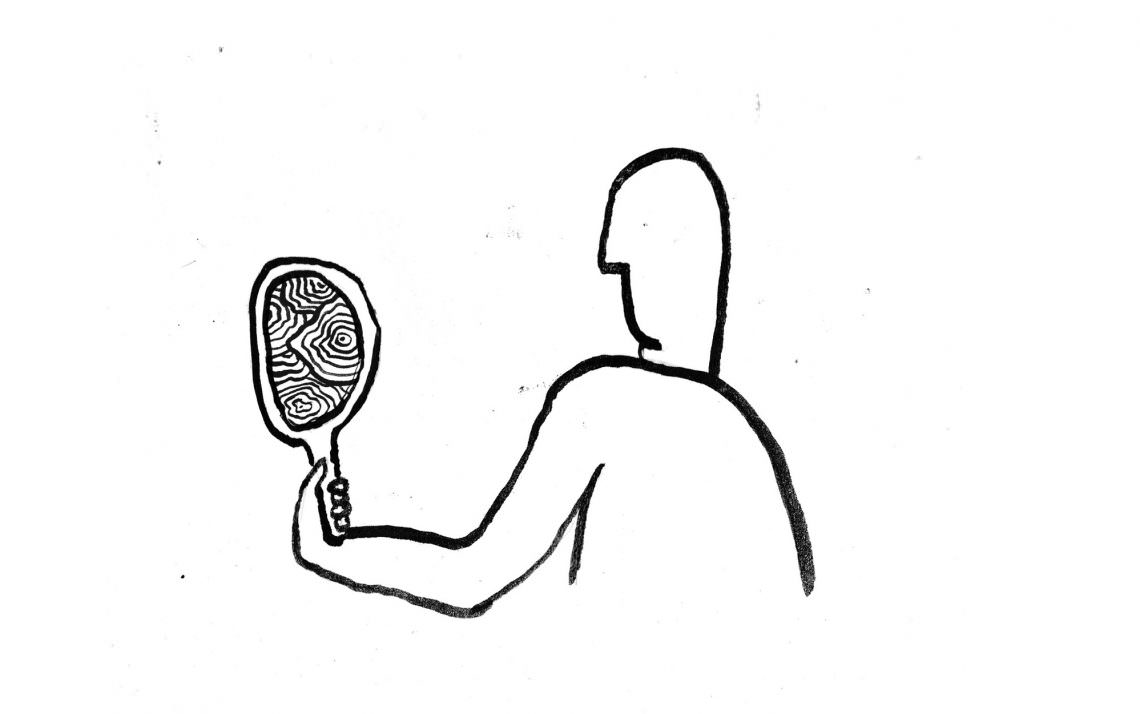
Once that’s understood, you’ll live a more natural life in which things happen organically. That things change is part and parcel of being on Earth, it’s the one constant in life. No matter how strong and successful you might be, we’re all going to change and develop over time. Nature won’t accept your excuses, and even if it did, there’s not much sustainability in denying nature – Charles Darwin would obviously agree: ‘It is not the strongest of the species that survives, nor the most intelligent that survives. It is the one that is most adaptable to change.’
Those who aren’t defined by their past and align themselves with the question of ‘who can I become?’ and ‘who do I want to be?’, become aware quite quickly that we’re the ones at the steering wheel. Nature gives us the freedom to change ourselves. This realization is the foundation of forgoing excuses. The fear behind your excuse means absolutely nothing when you’ve accepted that change and the accompanying insecurities are an integral part of your life. No matter how much you’ve experienced, how many countries you’ve visited, or how many zeros feature at the end of your bank statement, the reluctance – or rather fear – to try something new, chat up the individual at the bar, finish your training session, or resume the seemingly futile Strava segment conquering-session, will simply decrease – naturally, and entirely organically.. Become marginal. Nothing even.
The questions of ‘who can I become?’ and ‘who do I want to be?’ give us freedom, hope and the confidence to act right now, taking ownership over our own futures. We don’t know what will happen tomorrow – no one does. But you can say with certainty that those who continue to stick by their excuses will just go in a circle, without progress and without success. But for those who try to develop and move forward, you’ve perhaps already seen your first successes. So keep asking yourself those two questions, again and again: ‘Who can I become?’ and ‘Who do I want to be?’ Keep at it.
This article is from GRAN FONDO issue #011
GRAN FONDO Cycling Magazine is published in a digital app format in both English and German. Download the app for iOS or Android to read all articles on your tablet or smartphone. 100% free!
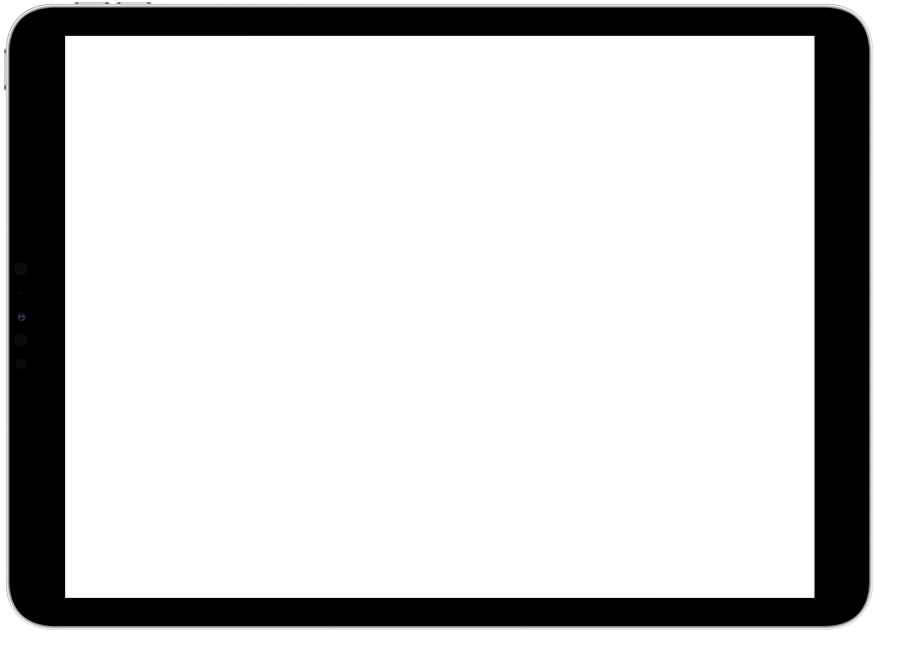
Text Robin Schmitt Illustration Julian Lemme
Did you enjoy this article? If so, we would be stoked if you decide to support us with a monthly contribution. By becoming a supporter of GRAN FONDO, you will help secure a sustainable future for high-quality cycling journalism. Click here to learn more.




